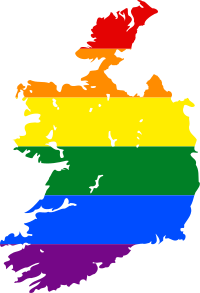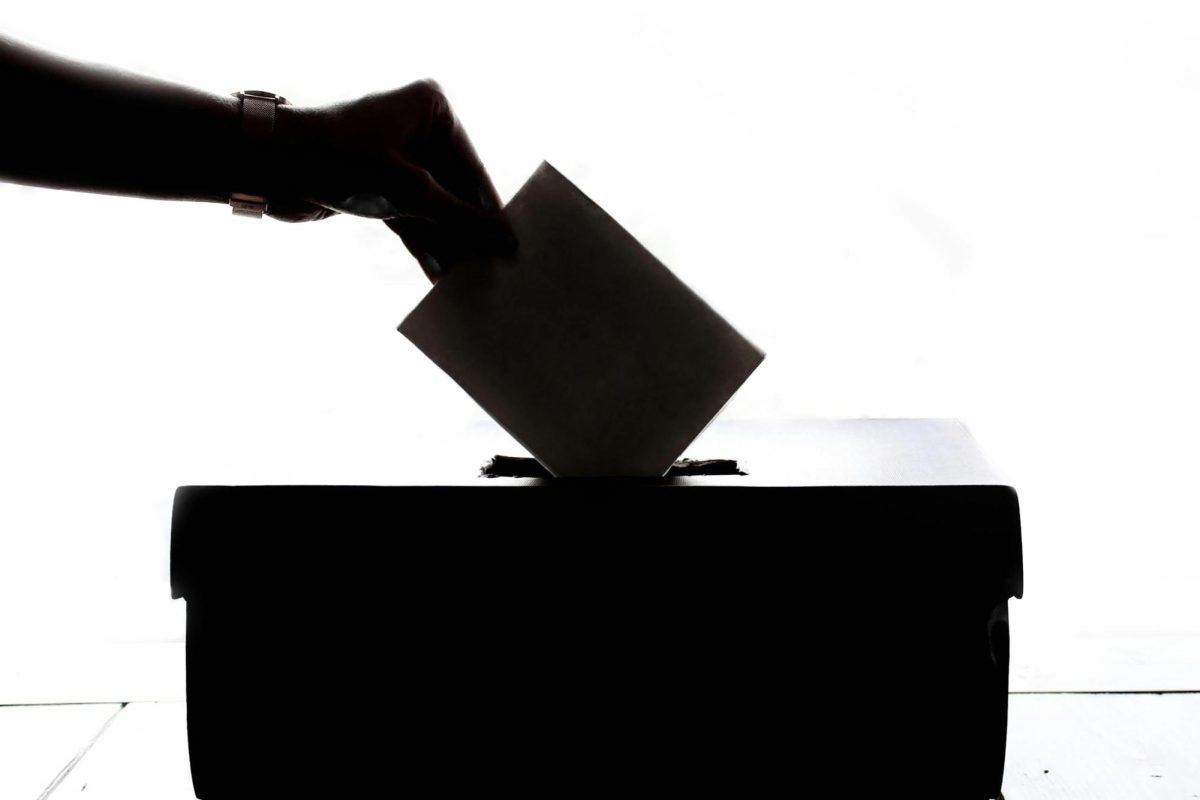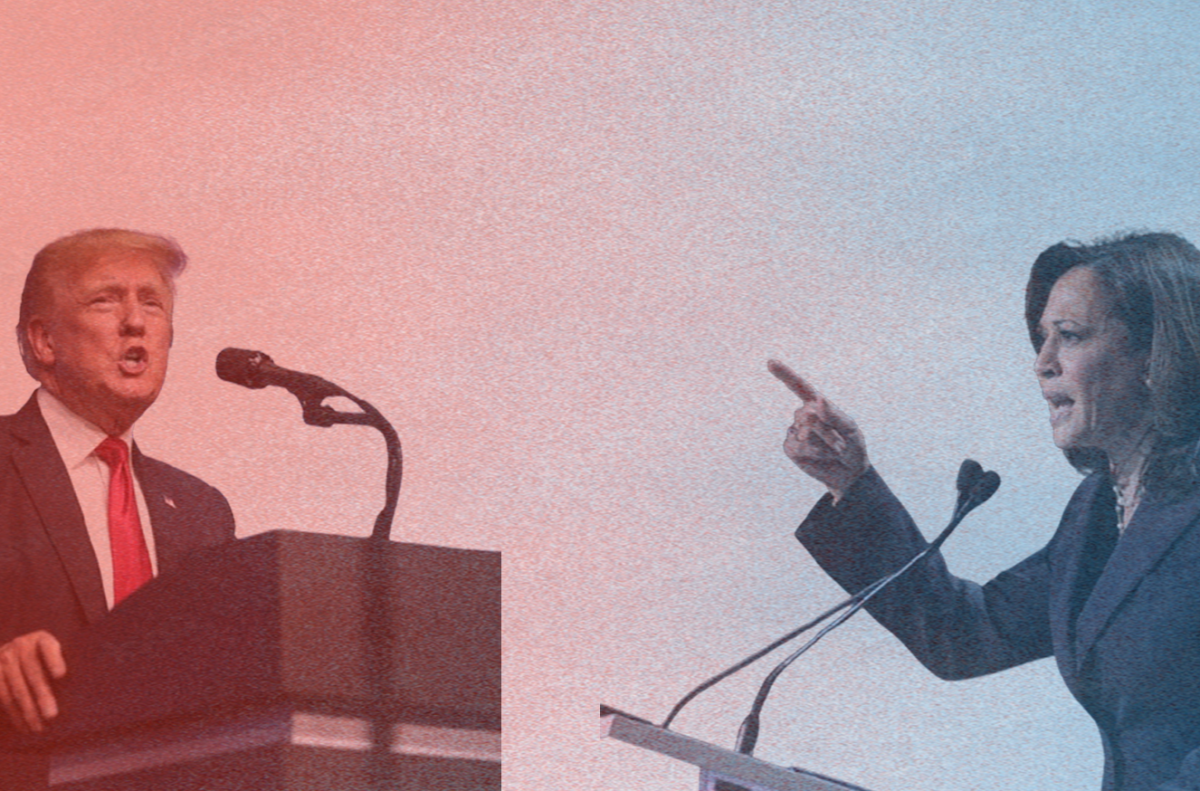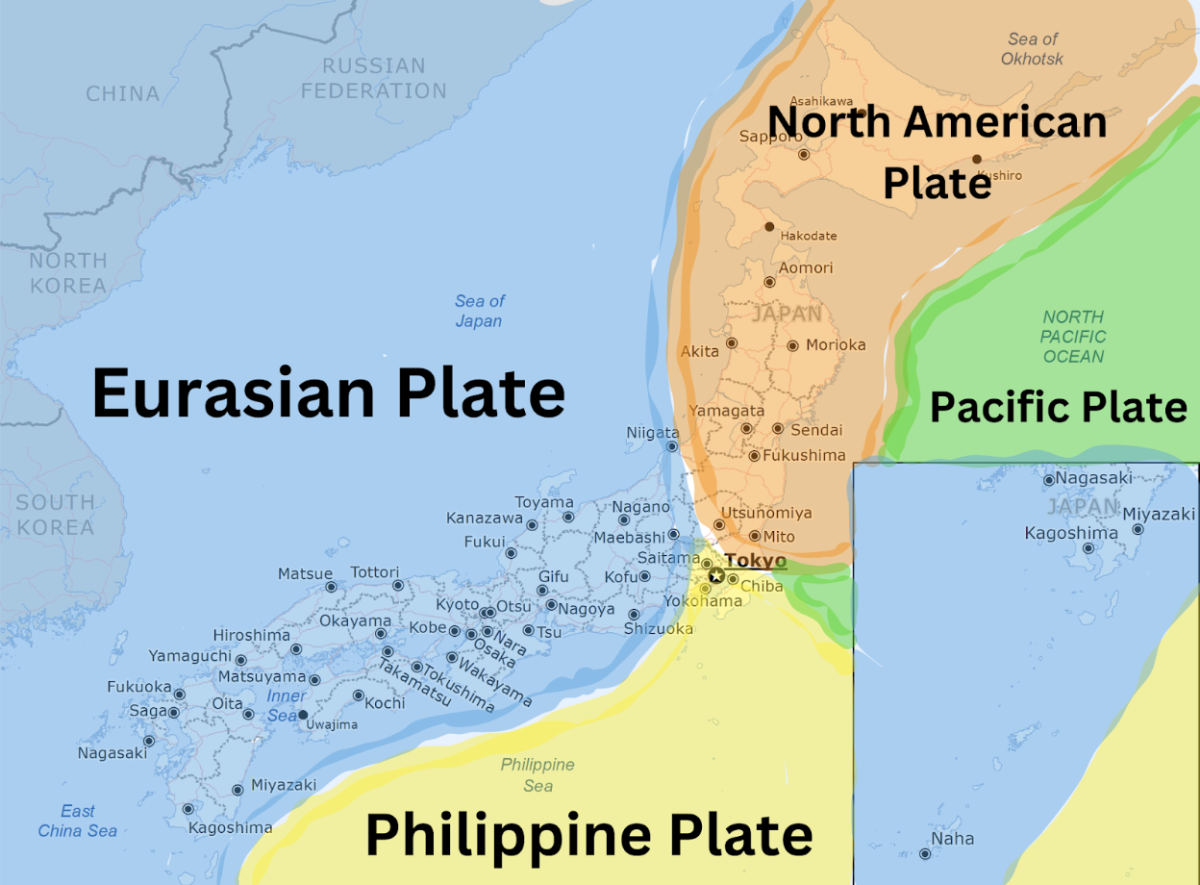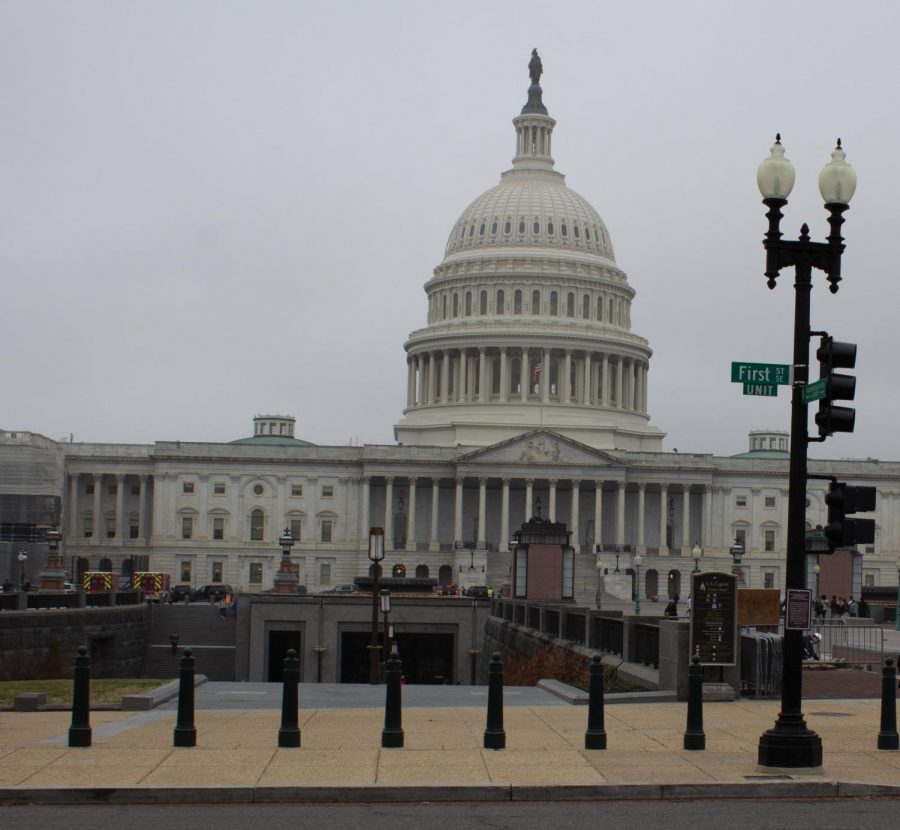Voters in Ireland overwhelmingly approved same-sex marriage by referendum last Friday, May 22. The country is the twentieth to legalize gay marriage, but the first to institute it through a popular vote.
The measure, which was highly contested in the weeks preceding the vote, passed with 62.1 percent of voters in favor. Momentum had been building towards the “yes” side before the election.
For years, Ireland has been a devoutly Catholic country, which makes last week’s victory all the more significant. The Emerald Isle is a testament to the West’s quickly moving opinion in gay marriage: it only decriminalized homosexuality in 1993. The power of the Catholic Church is receding in the face of social media and more liberal social values.
While the Church officially opposed the referendum, some local priests were in favor and no political party openly declared support for the “no” side. Most prominent government officials, including Prime Minister Enda Kenny and Deputy Prime Minister Joan Burton, supported the measure.
After the “yes” side’s victory was announced, Irish bars and pubs erupted in celebration. Many same-sex couples proposed as soon as the results were released, and Sen. Katharine Zappone even asked her wife to marry her on live television. The couple had married in Canada in 2003, but their marriage license was not recognized by the government of Ireland until now.
Last week’s vote amounts to a social revolution for Ireland – formerly a bastion of support for the Catholic Church, the country is rapidly following other Western countries in a liberalization of social values. The same is true in the United States, where 37 states now allow same-sex marriage after a series of legislative and judicial actions in the past few years. The U.S. Supreme Court is expected to issue a nationwide ruling on gay marriage next month.



